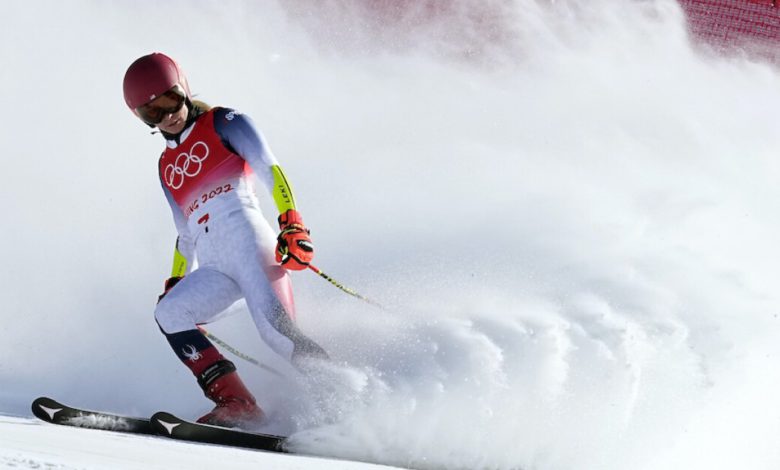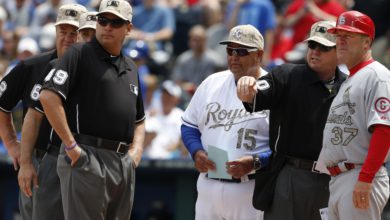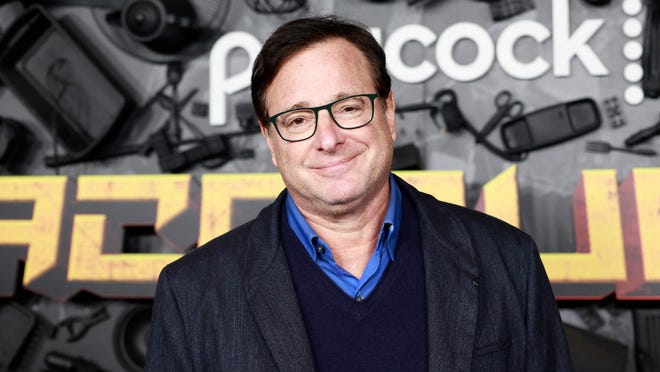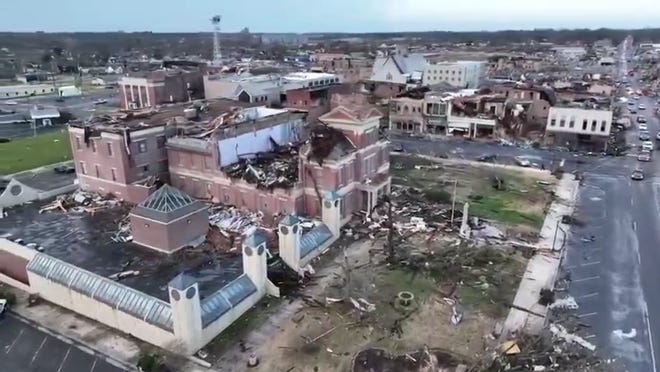
With the Winter Olympics underway, there's new attention on how athletes who start training at a young age are protected from abuse.
CHILD USA, a nonprofit, took a deeper look into the Larry Nassar case. It's trying to uncover all the ways state and federal policies failed to protect the dozens of people that Nassar sexually abused.
The investigation found that medical licensing boards have failed to keep predatory doctors from practicing. During recent congressional testimony, Olympic gymnasts said FBI agents didn't properly act on their allegations.
"What we've got is a system that is treating athletes as expendable, and we need fixes in all of these areas where we would have assumed they were already working for athletes," said Marci Hamilton, the founder and CEO of CHILD USA.
The Game Over Commission is calling on Congress to create a federal agency that would oversee the entire Olympic system. It would include a database of every person associated with sports accused of child misconduct.
The report also pushes for more states to reform their statutes of limitations for child sex abuse. The Game Over Commission found that only three of the dozens of people abused by Nassar reported him right away. The rest didn't come forward until years later.
The Game Over Commission also wants to focus on the mental health of athletes. Three-time Olympic medalist and alpine skier Mikaela Shiffrin is the latest to open up about her mental health. She told The Associated Press about the immense pressure she feels to win every competition. She said the unrealistic expectations took a toll on her.
Hamilton hopes some of the pressure will go away if the recommended policies are implemented.
"For the future athletes, they won't feel like their spot on the team is contingent on hiding injury, hiding emotional burdens and hiding abuse," she said. "So, that culture has to change. For the parents, they can become more confident and happy about their child being in an elite sport."
CHILD USA says it could be at least another five years before the U.S. begins to see more protections for Olympic athletes.








